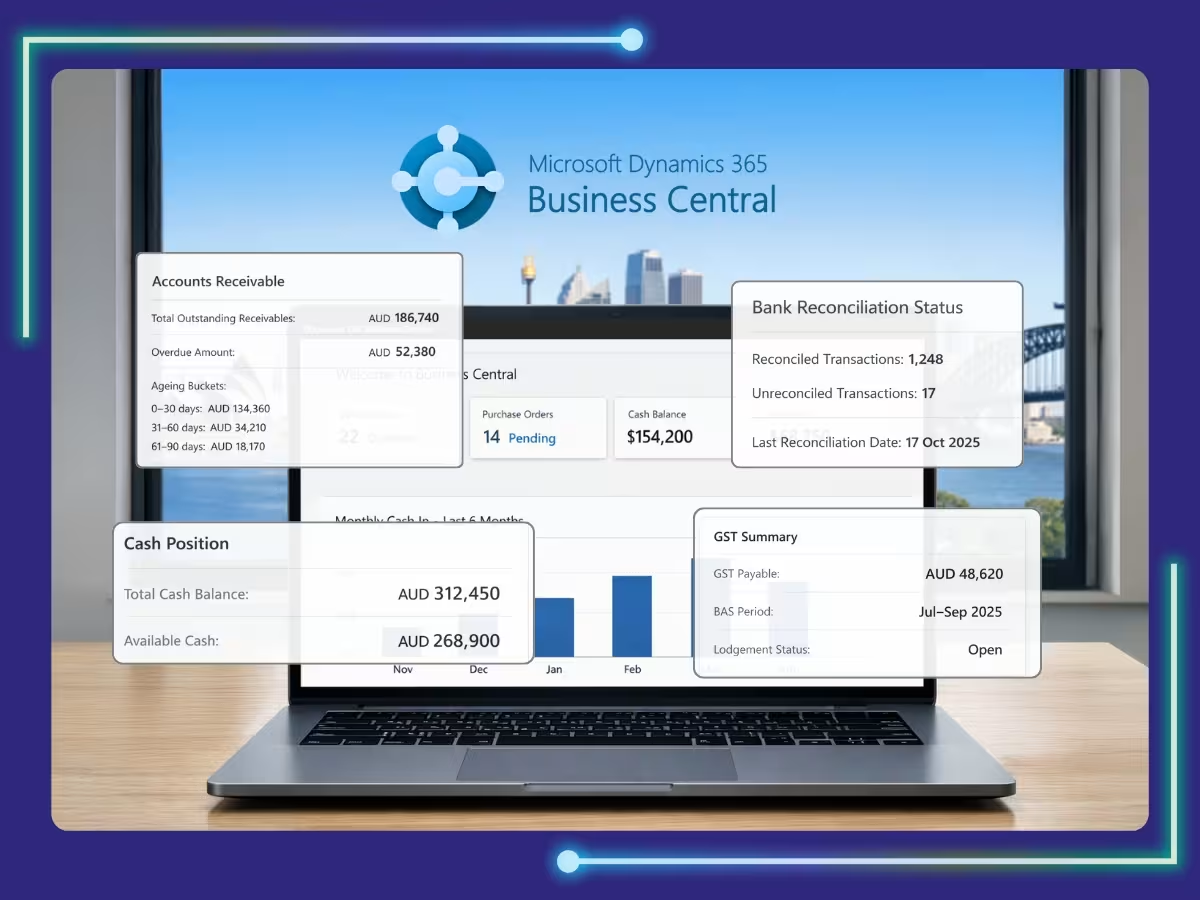Table of Content
Share This Article
- Published: Apr 26, 2021
- Last Updated: Feb 12, 2025
- 🔊 Listen
Taking up on multiple clients, disputes, negotiations, and a long list of tasks must be performed – being a lawyer is not easy. If you have to deal with accounting and taxation on your own, it only multiples your hardship. You must be already aware of the importance of accounting and bookkeeping if you have been in business for a long. A simple task like record keeping plays a significant role in any business or professional servicing industry, and who will know this better than you. However, you are not an accountant or bookkeeper, and your task is to focus on your client’s case. This is where an outsourced accounting services provider can be helpful. Yet this does not give the excuse to be ignorant and not learn about basic accounting and taxation. We feel that as a lawyer, you must be aware of some tax deductions that apply to your profession. We have compiled a list of tax deductions for lawyers of Australia that will help reduce the taxable income.
First thing first, you must understand that you can only claim a deduction for work-related expenses. These expenses are the ones you have spent money on, and you weren’t reimbursed for them. You are not entitled to deductions on an allowance from your employer or expenses which has been compensated. Cost should be directly related to earning your income, and you must have a record of these expenses. Now let us look at few deductions applicable for you –
License, Professional fee, Self-Development, and Training
As a lawyer, you must have a practicing certificate, and you must also be a part of unions and associations. It would be best if you also kept yourself updated with new laws and legislation and continuously train yourself, making sure not to be outdated. Luckily you can claim some of the expenses in doing so.
a. Annual Practicing Certificate
You can claim a deduction on the cost of the Annual Practicing Certificate but not for the initial cost of getting the practicing certificate.
b. Union and Professional Association Fees
You can claim a deduction on the cost incurred to be part of a union or professional association
c. Books and Journals
You can claim deduction on the cost of books or journals if it cost less than A$ 300 and if the same is used mainly for work-related purpose. However, you cannot claim deduction on
- the publication isn’t part of a set you start to hold in that income year where the total set costs more than A$ 300
- the item isn’t one of a number of identical or substantially identical items that together cost more than A$ 300.
d. Professional Library
You can claim the decline in value of your professional library over its useful life, if:
- each item cost more than A$ 300
- the item is part of a set or a number of identical or substantially identical items, which cost more than A$ 300.
e. Supreme Court Library Fees
You can claim a deduction for Supreme Court library fees you pay on an annual basis. You can’t claim a deduction if you pay Supreme Court library fees only once upon admission to practice.
f. Self-education and study cost
You can claim a deduction on self-education and study cost if it directly relates to your current employment as a lawyer and it helps you maintain or improves the skills and knowledge that is needed for your current work or if this cost can help you to increase your income from your current employment.
g. Seminars, Conferences and Training Courses
Seminars, conferences, and training courses are another important way of learning that can help you maintain or improve your skills and knowledge needed for your current work, and thus, you can claim a deduction on these costs.
2. Expense on Commute:
As a part of your work you might have to travel a lot, be it with your vehicle, taxi, public transport or other means of communication. You can claim deductions on a few of the expenses related to such an event.
a. Car Expense
You can claim deduction on car expenses if you carry bulky tools or equipment for work purposes. You can claim a deduction if the following conditions are met –
- the tools or equipment are crucial for performing your employment duties
- the tools or equipment are bulky because of which it is difficult to transport and can be transported conveniently only with the help of a motor vehicle
- there is no secure storage for such items at the workplace
You can also claim a deduction for parking fees, and tolls cost you incur on work-related trips.
b. Overnight Travelling Expense
You can claim deduction on expenses like accommodation, travel cost, meals, and other costs incurred during travel for work in which you have to stay overnight.
3. The cost incurred in typical day to day operation:
Some expenses are related to the day-to-day operation of the law firm, which is deductible. Few of these costs are
a. Uniform Expenses
You can claim deduction on the cost incurred on buying, hiring, repairing or replacing a uniform (including footwear) and even wash, dry, and iron expenses. You can claim this deduction if the item of clothing is one of the following –
- protective clothing
- occupation-specific clothing
- a compulsory uniform that your employer strictly and consistently enforces you wear by workplace agreement or policy and distinctly identifies either
(a)you as an employee working for a particular employer
(b)the products or services your employer provides - a non-compulsory uniform that your employer listed on the Register of Approved Occupational Clothing with Aus Industry.
You don’t need to keep records of laundry claims less than A$ 150 (excluding dry-cleaning expenses). However, it is not an automatic deduction, so you must calculate and be able to show how you worked out your claim.
b. Tools and equipment
You can claim a deduction for tools and equipment you use in your work to perform your duties as a lawyer. If the tool or equipment cost you A$ 300 or less, you can claim a deduction for the total amount in the year you buy it, if:
- you use it mainly for work purposes
- it’s not part of a set that together cost more than A$ 300.
You can also claim a deduction for the cost of repairs to tools and equipment that you use for work purposes.
You can claim a deduction for the cost over the life of the item (that is, the decline in value) if the tool or equipment:
- cost more than A$ 300
- is part of a set that together cost more than A$ 300
c. Meal
You can claim a deduction for the meal cost that you buy and eat when you work overtime if all of the following apply:
- you receive an overtime meal allowance under an industrial law, award or agreement
- the allowance is on your income statement as a separate allowance
- you include the allowance in your tax return as income.
You can’t claim a deduction for the cost of food, drink, or snacks you consume during your regular working hours.
d. Phone, Data and Internet Expenses
If you use your incur cost on phone, data, and internet costs phone or electronic devices for work purposes from your pocket, then you can claim a deduction on the cost.
For claims less than A$ 50, you do not need to keep a record. However, if it is more than A$ 50, then you must keep records that can prove your work-related expense.
e. Stationery
You can claim a deduction for the cost of logbooks, diaries, and pens that you use for work.
Work from Home:
This has become increasingly relevant due to the current pandemic situation. If you are working from home, you can claim a deduction on any work-related portion of running expenses. Few such expenses could be electricity, internet, cleaning expenses, depreciation of home office equipment, cost of repairs to home office furniture, and cost of logbooks, diaries, and pens that you use for work
Australian Tax Office is so lenient to small businesses and all professionals alike. Various expenses can be deducted that could help you reduce your taxable income. The one thing you must put forward from your side is the enthusiasm to learn about these deductions and keep a proper record of each expense to claim a deduction. Doing so can help you reduce a significant amount of tax, and as we all know, a penny saved is a penny earned.
If you a self-employed lawyer and need help with your accounting, bookkeeping, and taxation process, our expert at Whiz Consulting can be of great help to streamline these processes for you. Contact us today for 30 mins free consultancy.

Get customized plan that supports your growth

Thousands of business owners trust Whiz to manage their account
Let us take care of your books and make this financial year a good one.





